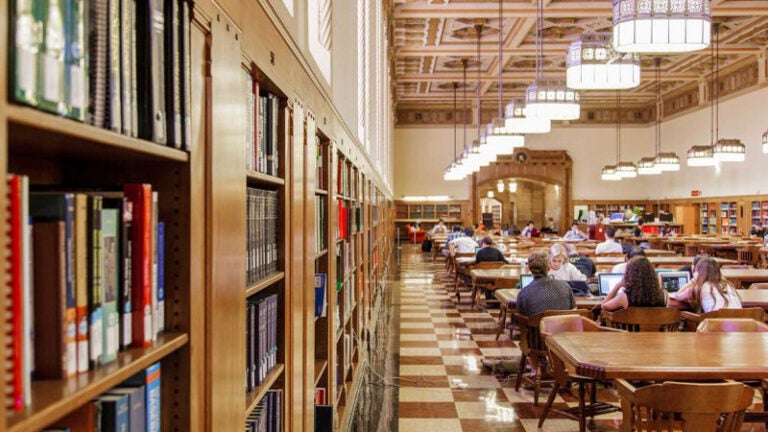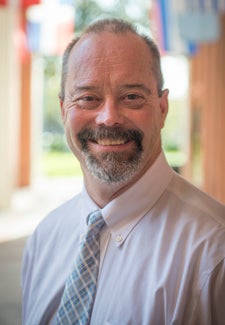
USC Libraries initiative aims at producing new research
A new USC Libraries initiative will create a group of researchers, artists and library curators to deepen the convergence of collections with scholars.
Through the project, library curators, scholars and creative practitioners will come together in more direct working relationships to advance research — particularly with primary sources — and develop strategic collections.
The USC Libraries Collections Convergence Initiative builds upon successful work by the Doheny Postdoctoral Fellows, in partnership with USC Dornsife’s Department of History and Huntington-USC Institute on California and the West and the libraries’ Discovery Fellow program. The initiative will be led by William Deverell, professor of history at USC Dornsife and director of the institute. In addition to serving as the project’s first director, he will also manage the initiative’s work in California studies.
“The Collections Convergence Initiative is an exciting opportunity to bring scholars, curators, researchers and collections together,” Deverell said. “It’s just that mix that produces new knowledge and new pathways of collaboration and collegial interaction.”

Professor of History Bill Deverell is also director of the Huntington-USC Institute on California and the West. Photo by Peter Zhaoyu Zhou.
The initiative will begin with three pilot areas that reflect current collections strengths and which offer rich opportunities for multidisciplinary scholarship and creative production: the history of L.A., California and the American West, including study of the border regions; Holocaust, genocide and exile studies; and LGBTQ history and culture, particularly relating to West Coast activists and activism.
USC Dornsife’s Wolf Gruner, Shapell-Guerin Chair in Jewish Studies, professor of history and director of the Center for Advanced Genocide Research, will lead activities related to genocide and exile studies. USC Libraries Dean Catherine Quinlan expects to appoint a lead in LGBTQ history and culture before the end of the calendar year.
Working with the directors of USC’s centers, institutes and the USC Society of Fellows in the Humanities, Quinlan plans to expand the initiative beyond the pilot in years two and three.
“We’re always working to align the development and use of primary-source collections with the needs and practices of USC faculty, students, researchers and artists as effectively and productively as we can,” she said. “This initiative is a new way of organizing library activities that puts library curators in direct, in-depth working relationships with the communities of scholarship that use the collections to produce new research, and in turn, help shape the collections’ development.”
An exciting opportunity
The pilot will draw upon established collections and relationships as a foundation for the initiative’s scholarly activity and public programming, particularly the libraries’ regional history collections and those of member archives in L.A. as Subject, the research collective for which USC Libraries serve as host institution; the libraries’ Holocaust and genocide studies collection and partnerships with the USC Shoah Foundation-The Institute for Visual History and Education; and the archival and art collections and programs of ONE Archives at the USC Libraries, which is the largest repository of LGBTQ materials in the world.
Among the Collections Convergence Initiative’s first-year priorities are establishing a program of visiting fellows and support for postdocs, identifying library curators in each area and developing plans to build collections in partnership with the initiative’s leaders and visiting scholars. The initiative also will work with the USC Sidney Harman Academy for Polymathic Study to further integrate primary sources into undergraduate research and learning experiences.